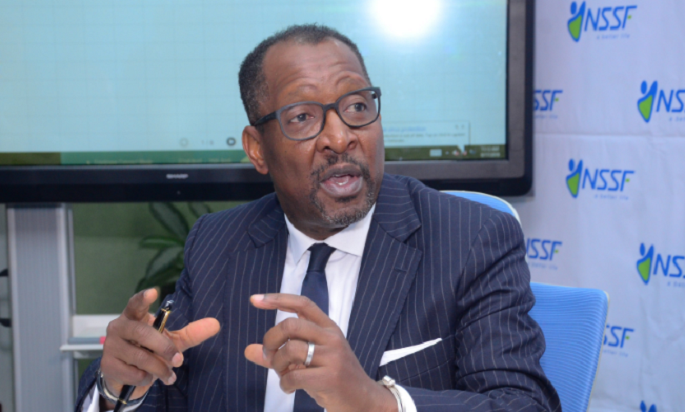Government has been asked to revise the guidelines of the microscale irrigation program.
The Government with support from the World Bank is rolling out the Intergovernmental Fiscal Transfer Program-UgiFT, in which farmers in particular districts are supported to obtain irrigation equipment, as an intervention to help them transition from subsistence to commercial agriculture.
It is part of the broader National Irrigation Policy that aims at realizing 1.5 million hectares of irrigated land by the year 2040.
Under the program, the benefiting farmers enter into a cost-sharing arrangement with the government, which directly contributes between 27 to 75 percent of the total cost of irrigation equipment whereas the farmer meets the balance.
However, Resident District Commissioners Greater Masaka sub region want the program guidelines revised to operate it as a grant for progressive farmers instead of maintaining the co-funding fees that have largely become prohibitive.
In response to a recent circular by the Minister for Presidency, which instructed them to investigate the very poor uptake of irrigation funds, the RDCs expressed need by government to review the program guidelines
Apollo Mugume, the Kyotera Resident District Commissioner says the use of irrigation technologies is still a new idea among the majority of farmers; hence, they have not yet given it the priority it deserves.
Despite the cost-sharing arrangement, the technologies are still expensive in addition to the other expenses the farmers incur in the production cycle, and as a result, the districts remain stuck with the program funds unutilized.
According to Mugume, it is high time the government considered identifying progressive farmers in districts and offer them support in the form of irrigation grants, and eventually use them as community demonstration projects, to popularize the intervention.
For instance in the last financial year, Kalungu district returned to the consolidated fund, 643 million Shillings out of the 900 million Shillings that had been sent under the UgiFT irrigation program.
Doctor Paddy Kayondo, the Kalungu Resident District Commissioner also argues that many of the targeted farmers could hardly contribute to the co-funding fees and accordingly declined to apply for the funding.
He has asked the Ministry of Agriculture to consider allocating the program funds as a grant to organized farmer groups, such that they inspire many other farmers to embrace irrigation technologies.
Jane Francis Kagaayi, the Bukomansimbi Resident District Commissioner, indicates that besides the prohibitive co-funding rates, the districts receive the money late, towards the end of the financial year, and there is always very limited time to mobilize the potential beneficiaries.
In the last financial year according to the Auditor General’s report, at least 37 districts failed to utilize 28 billion Shillings which the government had released to support the small-scale irrigation program.
This was part of the 49.038 billion Shillings that the Ministry of Finance released to 40 districts in the same financial year to finance the program.
-URN




